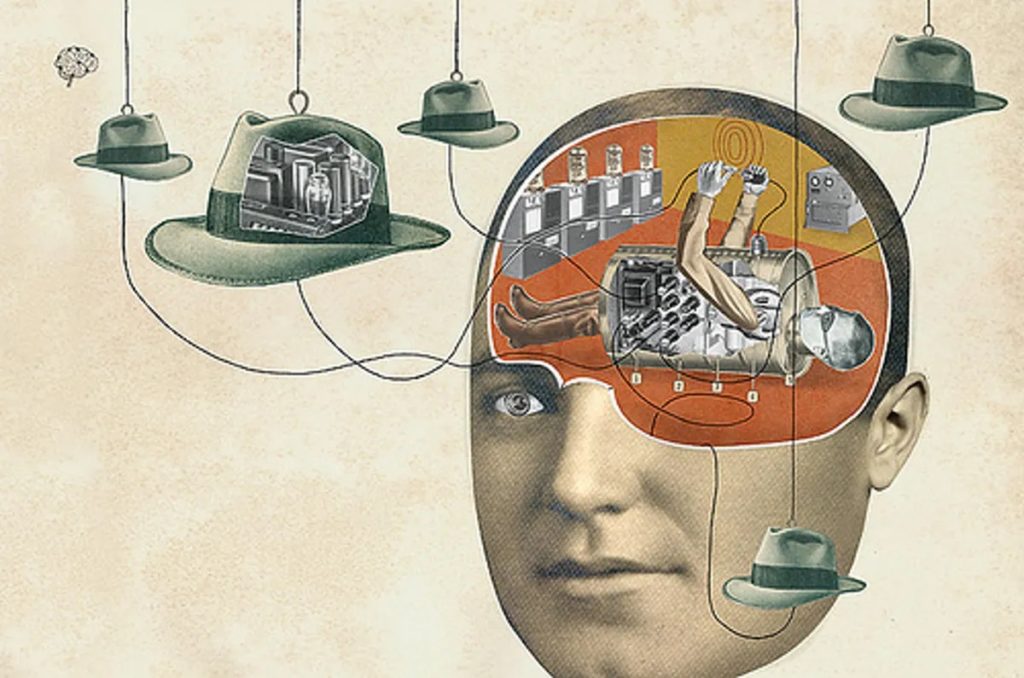Written by Michael Robillard
“Let me have war, say I: it exceeds peace as far as day does night; it’s spritely, waking, audible, and full of vent. Peace is a very apoplexy, lethargy; mulled, deaf, sleepy, insensible; a getter of more bastard children than war’s a destroyer of men.”
― William Shakespeare, The Tragedy of Coriolanus
As 21st century technology continues to progress at an ever alarming pace, the science-fiction notion of ‘human enhancement’ looks, day by day, to be an ever-approaching reality. Neuro-chemical enhancement, genetic enhancement, man/machine pairing; each of these emerging technologies carries with it, both individually and collectively, a host of ethical worries concerning the well-being, autonomy, and identity of the individual person. These ethical worries arguably become even more problematic and complex when considering the specific enhancement of soldiers.
In addition to the many ethical concerns surrounding human enhancement in general, the issue of soldier enhancement in particular appears to come with its own set of unique moral problems. This is so, at least in part, since the role of soldier often requires the promotion of attributes, aspects of character, and capacities that are arguably virtuous within the context of war but potentially vicious within the context of otherwise ‘normal’ society. Indeed, a propensity towards obedience, a disinhibition towards violence, extreme tolerance for risk, and being exceptionally skillful at the trade of killing are not typical attributes we would consider noble or praise-worthy within the day-to-day domestic sphere, though they are attributes absolutely vital for success on the battlefield.Read More »Super Soldiers, Civ-Mil Relations, and the 21st Century Coriolanus


